The latest data from the National Climate Center in Beijing indicates that a moderate El Nino event is expected to persist until spring next year and may result in the year 2023 surpassing 2016 as the warmest year since 1850.
According to the World Meteorological Organization, El Nino is a naturally occurring climate phenomenon that starts with unusually warm surface water in the central and eastern equatorial Pacific Ocean, which then goes on to affect the weather worldwide. On average, it occurs every two to seven years, and one episode typically lasts nine to 12 months.
The center said the combination of El Nino and global warming would increase the chances of meteorological disasters caused by extreme weather. It could also lead to a severe winter.
The El Nino event is projected to cause sea surface temperature to peak between November this year and January 2024. Since May, an El Nino system has been building up along the equator in the eastern Pacific Ocean.
El Nino heats the atmosphere in the tropical Pacific, leading to a rise in global temperatures. Research indicates that every 1 C increase in temperature in the equatorial eastern Pacific can raise the global annual average temperature by 0.12 C, according to the center.
A moderate or strong El Nino event typically elevates the global average surface temperature by about 0.1 C to 0.22 C, the center added.
Speaking on the impact on China, the center said that an El Nino event tends to bring more rainfall to the southern regions and trigger warmer temperatures in the north of the country.
Since the 1990s, every El Nino event has been followed by two consecutive summers of above normal precipitation in China. The areas receiving above normal rainfall during the time have also expanded northward from the region south of the Yangtze River to the Huaihe River Basin. The impact of the weather phenomenon also leads to harsher summers and winters.
Jia Xiaolong, deputy director of the center, said at a news conference in early November that statistics show that in the context of El Nino events, temperatures fluctuate greatly in winter, and the number of cold spells affecting China is often more than usual.
"People should pay close attention to the possible adverse effects of the weather phenomenon that would include low temperatures, rain and snow," he said.
The center recently released the climate trend forecast for this winter and next spring. It is expected that the northern regions and the Qinghai-Tibet Plateau may face snow disasters and increased demand for heating compared with the past, leading to temporary energy consumption peaks.









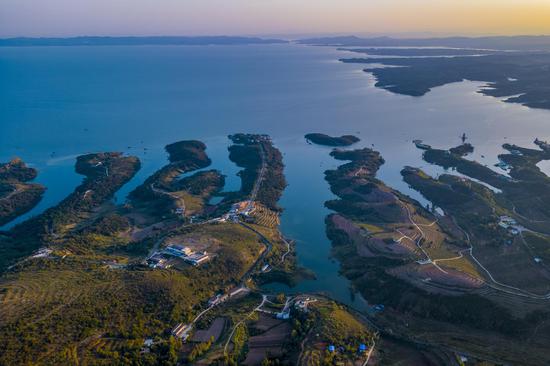
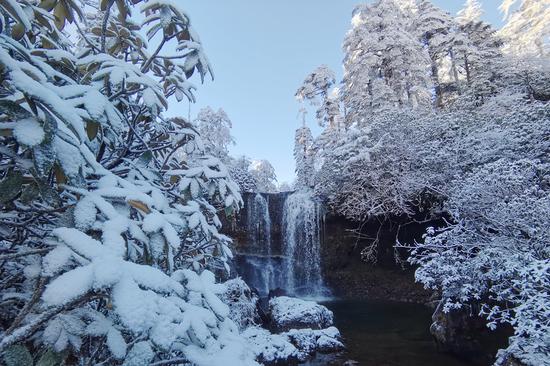



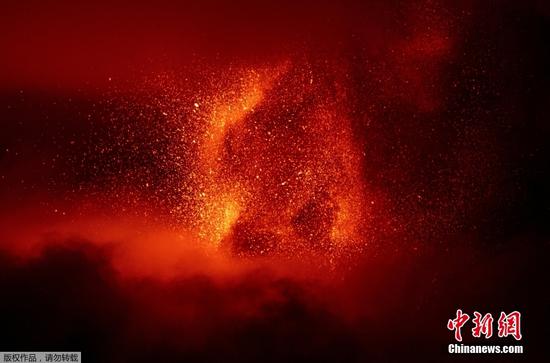




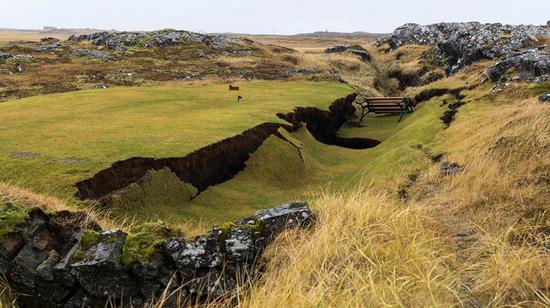


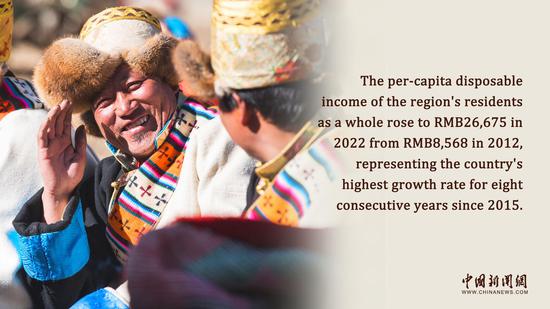

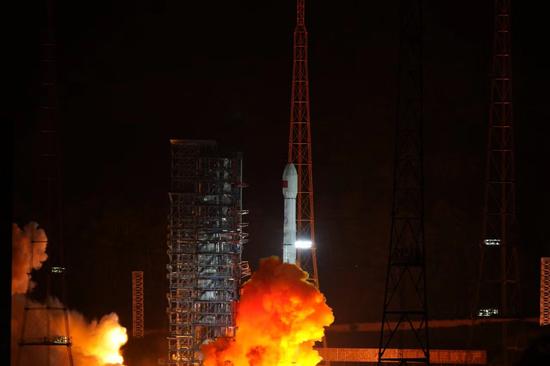




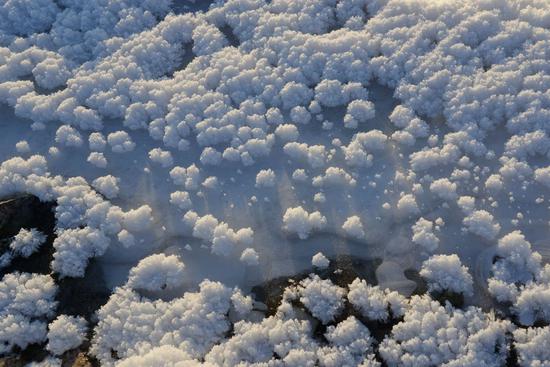
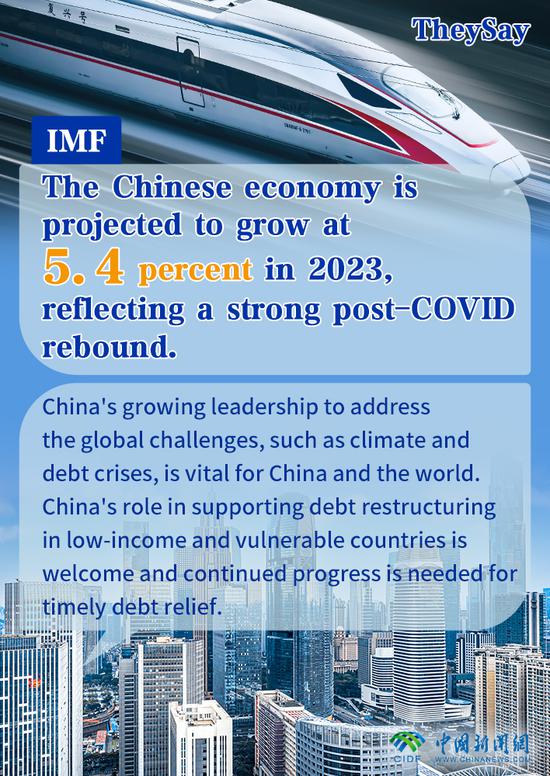






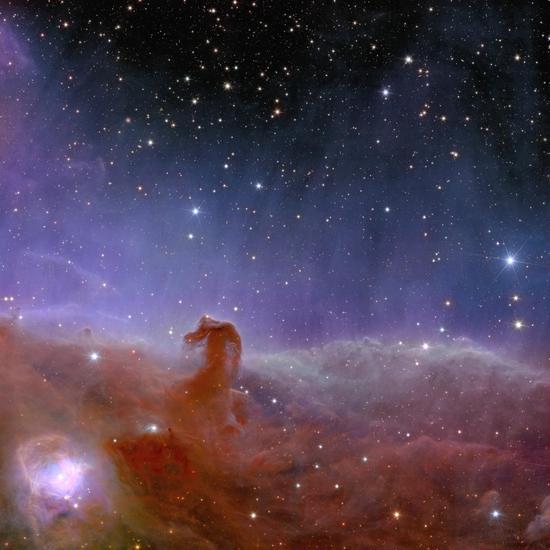

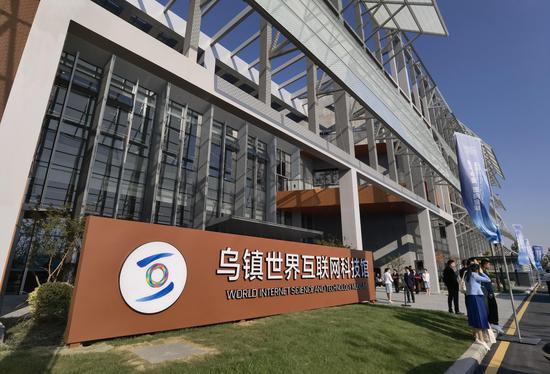
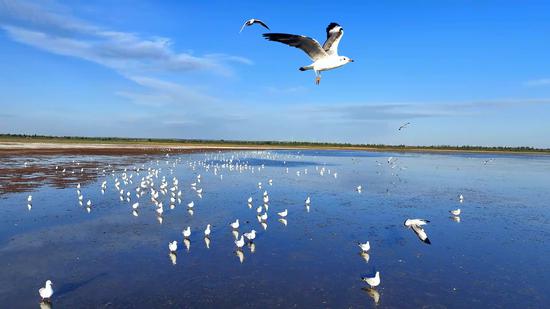
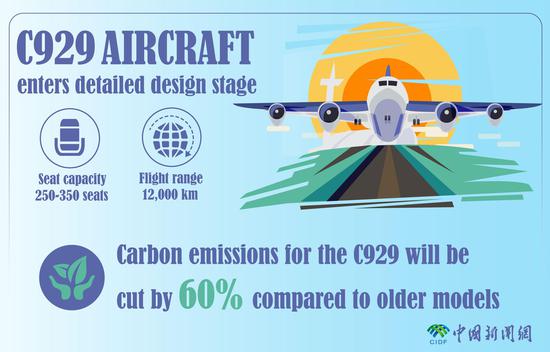

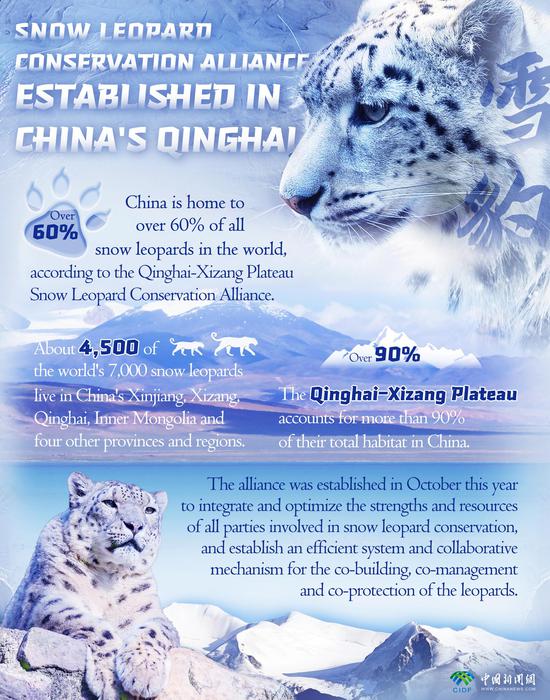
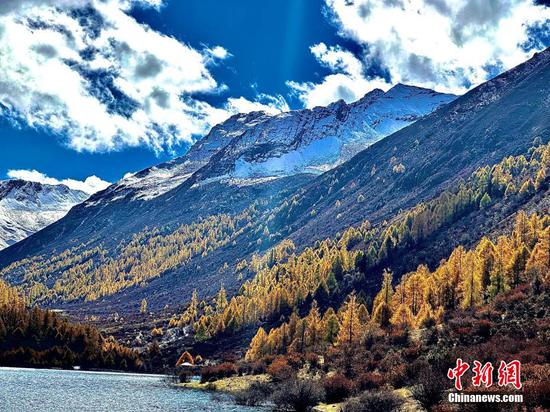





 京公網安備 11010202009201號
京公網安備 11010202009201號